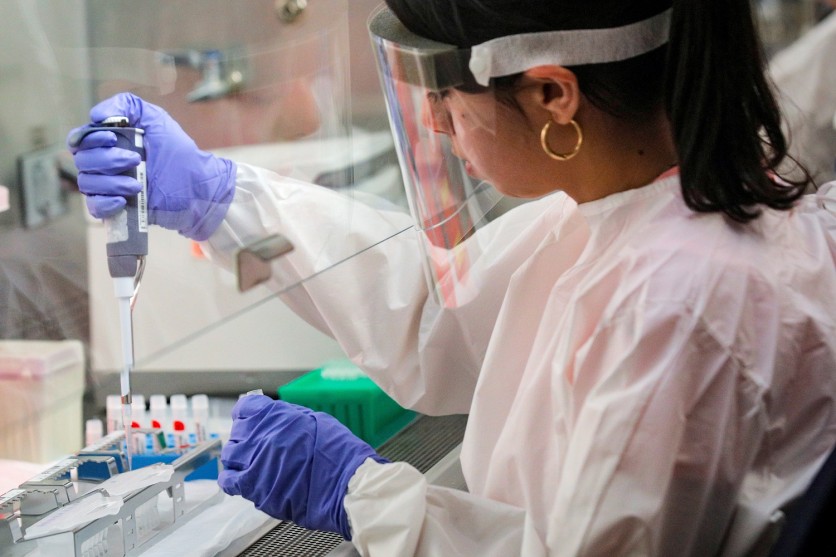In times of a global emergency, such as the current coronavirus pandemic, information is crucial. And the speed at which that information arrives is also important. But sometimes, accuracy is sacrificed in favor of efficiency. Social media, for example, has been embraced by scientists and doctors to relay information quickly to the public
However, another information avenue that's gaining popularity among researchers is preprint--an academic research paper posted in advance to a publicly accessible server before it goes through peer review.
However, Ars Technica reports that when an unconfirmed study goes straight to the public, it can cause problems, particularly those that make bold claims such as a recent one on coronavirus mutations.

Preprint may lead to misinformation, anxiety, and chaos during coronavirus pandemic
Traditionally, scientists share their findings through peer-reviewed journals. A scientist or a team of scientists do their research, draft the results, and sends them to a journal that covers that particular field or to a multidisciplinary publication like Nature or Science.
Once the journal receives the paper, it sends copies for review to scientists who are also in the same field or peers of the authors. They criticize the paper for flaws in the methodology and analysis or other potential issues. If they do not find any, the paper will be published.
However, the usual outcome of the peer review is that reviewers will find something they deem unacceptable or insufficient. They then send it to the editor who will forward the concerns to the author. The author then addresses the issues before the editor accepts the research for publication.
While the process is not perfect and takes time, enough prudence is applied to the study.
The Preprint community
The peer-review method of publishing is already hundreds of years old. However, in the 1990s, physics researchers decided to enhance it with the relatively new internet. They created servers like arXiv, a storeroom for research publications that had not yet been peer-reviewed and published.
These researchers then started sharing the papers with the research community. Scientists could read the research and discuss it with each other even before the findings are printed, thus called "preprint."
The popularity of preprints led to more servers being created for medical science like bioRxiv and medRxiv. As scientists can easily publish their findings while young researchers can show their studies to funding and hiring bodies to demonstrate how productive they are while waiting for nods from peer reviews.
There was a rapid increase in the number of papers stored in bioRxiv since it was created in 2014, according to a study conducted in 2019. Similarly, there has been an increase in the number of downloads from biorXiv.
Meanwhile, the study also found that two-thirds of the preprints posted to bioRxiv within its first four years were published in peer-reviewed journals.
Where lies the problem?
While many scientists support preprints, not everyone does. These oppositions are based on policies forbidding the promotion of an unpublished research paper.
Other scientists are also worried that submitting their work to a preprint server would allow rivals to race with them in publishing. More importantly, an unpolished or inaccurate work may and up in the hands of readers who cannot completely evaluate it.
For example, when an unfinished study about a more contagious mutation of a virus is reported in the middle of a global pandemic, then it may lead to fear, anxiety, and even chaos.
Although peer review is not always perfect, when a report in the media comes from a preprint, perhaps treat it with one more grain of salt than usual.
ⓒ 2025 TECHTIMES.com All rights reserved. Do not reproduce without permission.




